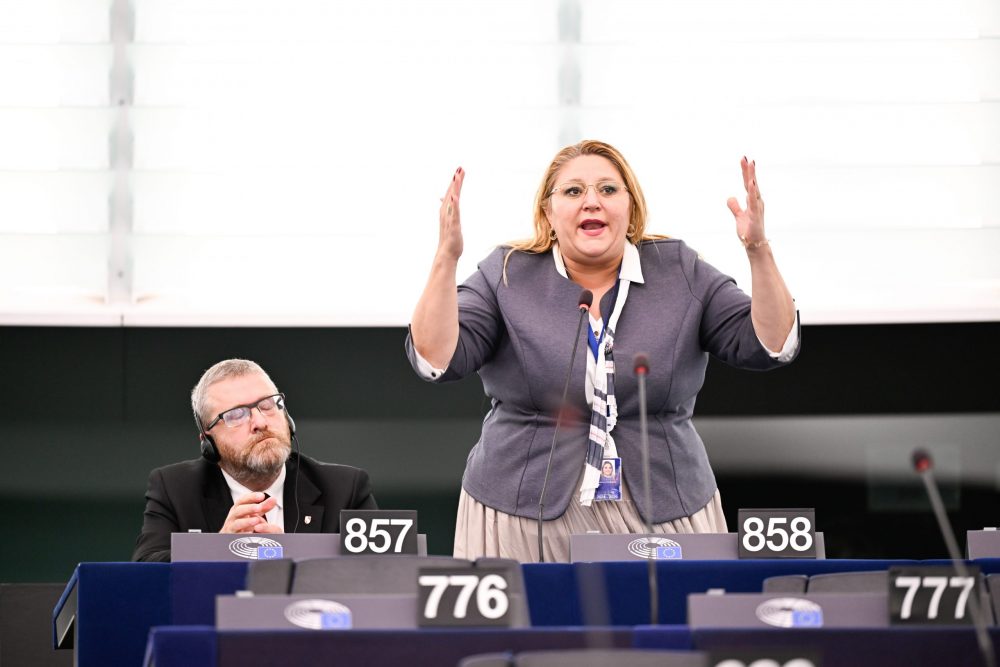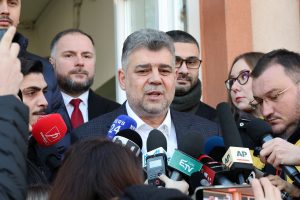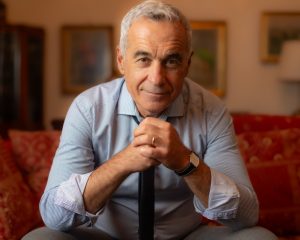
"The parliamentary rules need to be changed, and this requires courage."Continue reading


Easy Branches allows you to share your guest post within our network in any countries of the world to reach Global customers start sharing your stories today!
Easy Branches
34/17 Moo 3 Chao fah west Road, Phuket, Thailand, PhuketCall: 076 367 766
info@easybranches.comHunor Kelemen, candidate for the Romanian presidential election (C), speaking after the first round of the presidential election “We have to focus on the first of December; we will continue our work, the most important thing is to have a strong

“We have to focus on the first of December; we will continue our work, the most important thing is to have a strong representation in parliament,” said Hunor Kelemen, presidential candidate of the Democratic Alliance of Hungarians in Romania (RMDSZ) on Sunday evening at the party’s results waiting event in Cluj-Napoca (Kolozsvár, Romania).
In a short press statement after the polls closed following the first round of the Romanian presidential election, the RMDSZ president said that they should wait for the votes to be counted because he is convinced that he has achieved a better result than the exit poll figures. He recalled that
in the June 9 local and European Parliament elections, the RMDSZ was first “measured” at around 5 percent and ended up with 6.5 percent of the vote.
According to exit polls published after the first round of voting closed on Sunday, Social Democrat (PSD) Prime Minister Marcel Ciolacu and Elena Lasconi, president and candidate for head of state of the opposition Save Romania Union (USR), are likely to qualify for the second round of the presidential elections in Romania.

Marcel Ciolacu . Photo: MTI/Baranyi Ildikó
Based on both CURS and Avangarde-CIRA exit polls, the PSD president came first with 25 percent of the vote, while the USR candidate could get 18 percent of the domestic vote.

Photo: Facebook/Elena Lasconi
In third place – to everyone’s surprise – the exit polls put independent candidate Calin Georgescu, who was nominated as head of government by the Alliance for the Union of Romanians (AUR), that had just gained representation in the 2020 parliamentary elections and was considered extremist by the other parties.
Georgescu is a virtually unknown independent candidate in public life, having previously caused consternation with his statements calling the leaders of a former Romanian fascist organization, the Iron Guard, “heroes.”

Călin Georgescu. Photo: Facebook/Călin Georgescu
AUR President George Simion, who most polls had predicted until the last minute would be Marcel Ciolacu’s opponent in the second round, was polling in fourth place with 14-15 percent of the vote, one percentage point ahead of Senate President Nicolae Ciuca, leader of the National Liberal Party (PNL), who was relegated to fifth place.
Hunor Kelemen, president of the RMDSZ and candidate for the presidency, received 4 percent of the votes cast in the country, according to Avantgarde-CIRA, and 4.6 percent according to CURS.
The reliability of the estimates published in Romania at polling time is called into question by the fact that they are based only on declarations from domestic voters, even though more than 8 percent of the votes are from abroad. In the first round of this year’s presidential elections, more than 800,000 votes were cast abroad and 8 million 643,000 in Romania.
The second round of presidential elections in Romania will take place on December 8. Parliamentary elections will be held the weekend in between, on December 1.
Speaking on Kossuth Radio’s “Good Morning, Hungary!” program on Monday, Hunor Kelemen stressed that the most important task in the coming days is to mobilize for the parliamentary elections on December 1.
Commenting on the first round of Sunday’s presidential election, he said that
although he received more votes than five years ago, between 4.5 and 4.6 percent, that would be below the threshold for a parliamentary election.
He said that among the candidates who had qualified for the second round of the presidential elections, there was one who had been underestimated and that this had caused a “shock effect” in the country. Independent candidate Calin Georgescu, according to Hunor Kelemen, “represents the Iron Guard ideology of the 1920s and 1930s, he is Holocaust-denying, anti-Semitic and anti-Hungarian.”
He stressed that after the parliamentary elections, a “strong, anti-Hungarian, extremist, Iron Guard and regionalist ideology supporting group” could emerge, posing a threat to the Hungarian community,
and “this threat is much greater today than it was yesterday morning, before the first round of the presidential elections.”
It is the task of the RMDSZ to raise awareness of this, said Hunor Kelemen, who believes that the cities still have “reserves.” He said they had won six counties and were in first place in Transylvania, but that the extremists were right behind the RMDSZ, that was “actually the big danger.”
Via MTI, Featured image: MTI/Kiss Gábor
The post Hungarian Minority Leader Warns of the Rise of New Extremist Group after Elections in Romania appeared first on Hungary Today.